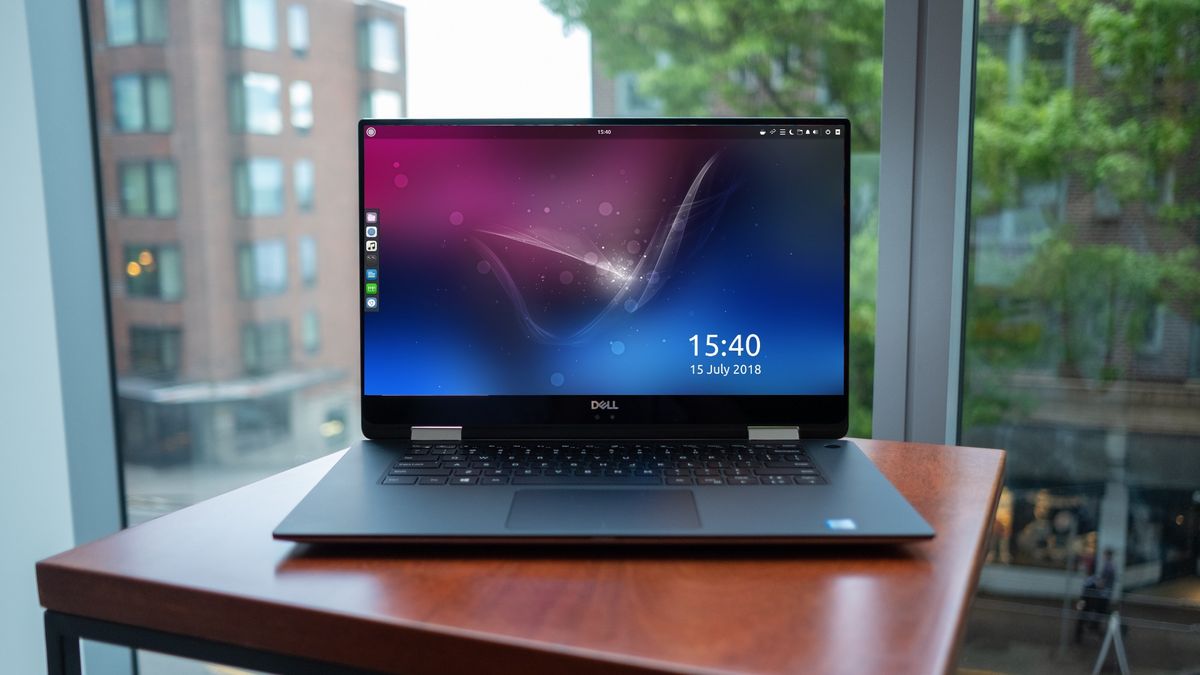Originally posted by tomas
View Post
"Over time however, your Ubuntu 18.04 installation can become more sluggish. This can be due to small amounts of free disk space or possible low virtual memory due to the number of programs you’ve downloaded."
I have been using Linux since the old CompUSA days, back when you could walk into the store and buy the 8 or 9 cd set of Suse for about $80 and it came with a book. Back before Fedora existed, when LILO was still used and before Ximian Gnome existed. Linux rot is a very real thing, caused by various things, for instance Fedora/Gnome had this nasty memory leak that would eventually eat up all your free ram and leave the system practically unresponsive.
Linux disk fragmentation is atrocious due to the way Linux native file systems store files, it doesn't fragment as quickly as the older Windows file system but when it does it really is a mess, though in all fairness the advent of SSD's, and Nvme's in particular, have really made fragmentation largely a non-issue.
BTW, I would never claim that Windows installations degrade in performance over time nowadays. I know it used to be an actual problem many years ago often related to the registry getting more and more bloated over time. Also file system fragmentation on Windows was a actual performance problem a long time ago. I believe those inherent problems in Windows have since long been fixed.
The "file system fragmentation on Windows" issue was fixed the same way the "file system fragmentation on Linux" issue was resolved, we eliminated spinning rust and the seeking heads they used and so while file fragmentation still happens, it no longer causes any problems.
But install either Windows 10 or the latest distro on an old 5400 rpm drive, start filling it up with files and deleting them and watch the performance of either plummet.


Comment